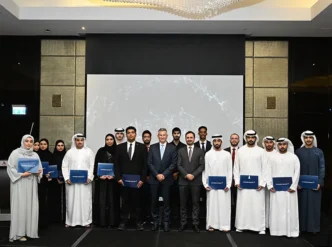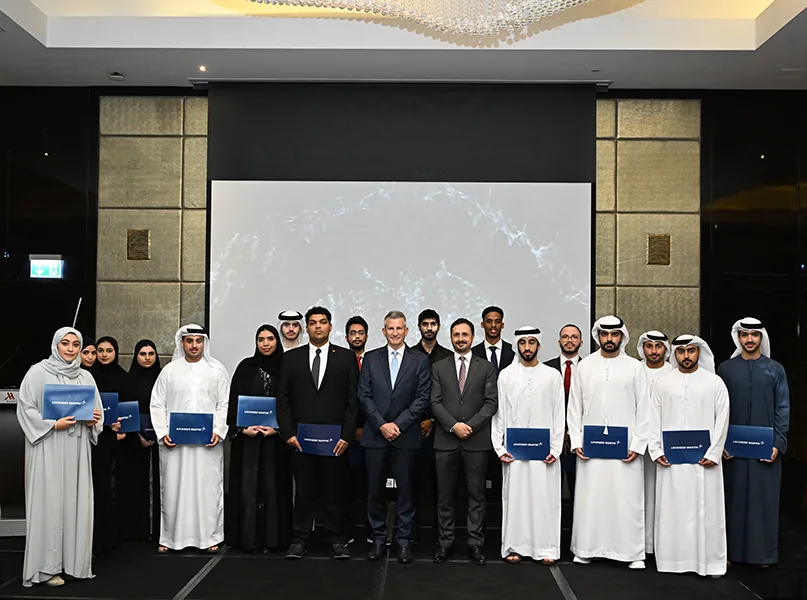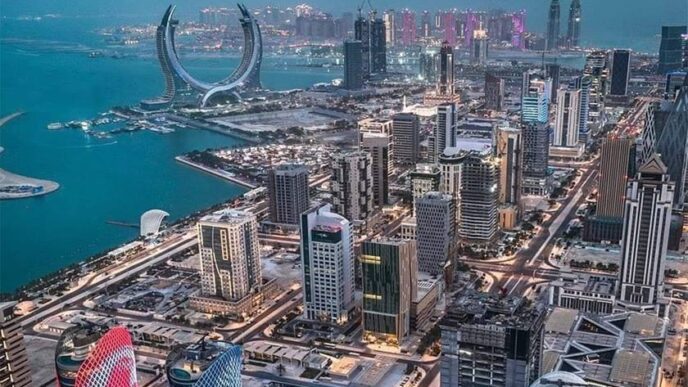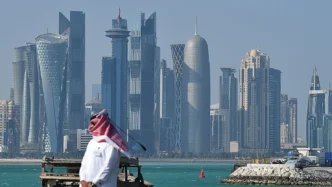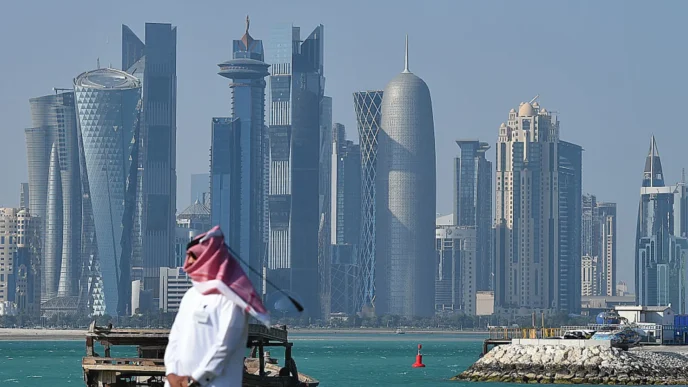A Legacy of Security and Innovation in the Middle East
Celebrating five decades of collaboration in the United Arab Emirates (UAE), Lockheed Martin Middle East has played a pivotal role in enhancing regional security, fostering local expertise, and advancing the region’s defence manufacturing capabilities. General John ‘Mick’ Nicholson, Chief Executive, highlights the company’s contributions to the evolving security landscape.
Building Indigenous Defence Capabilities
Over the past few decades, the Middle East’s defence sector has witnessed a paradigm shift, transitioning from reliance on imported defence solutions to developing indigenous capabilities. This transformation has been driven by evolving geopolitical dynamics, technological advancements, and shifting national security priorities.
Governments across the region are adopting a dual strategy—strengthening national defence while ensuring that investments in the sector contribute to economic development. This approach focuses on job creation, expanding educational opportunities, and fostering industrial self-sufficiency.
“Lockheed Martin Middle East remains steadfast in its commitment to delivering state-of-the-art technologies, cultivating local talent, and facilitating knowledge transfer to support long-term defence resilience,” states Nicholson.
National strategies, such as the UAE’s vision for a knowledge-based economy, underscore the importance of local production, technological autonomy, and industrial innovation. Consequently, regional producers are now integral to the global defence supply chain, contributing to research and development (R&D) and enhancing global security frameworks.
Five Decades of Strategic Collaboration
For over 50 years, Lockheed Martin has established itself as a trusted partner in the Middle East, working closely with regional governments to address evolving security challenges. With a robust presence in the UAE, Saudi Arabia, Qatar, and Egypt, along with dedicated representatives in key markets, the company offers an extensive portfolio of defence and aerospace solutions.
Lockheed Martin’s advanced technologies include F-16 fighter jets, C-130 Hercules airlifters, Sikorsky UH-60 Black Hawk helicopters, missile defence systems, satellite solutions, and sophisticated radar and command systems. Beyond technology, the company collaborates with national entities, industrial partners, and academic institutions to support innovation and build local expertise.
“This milestone reaffirms our dedication to fostering regional stability, empowering local talent, and delivering cutting-edge solutions that strengthen the Middle East’s defence landscape,” Nicholson affirms.
Lockheed Martin’s regional engagement dates back to 1975, following the delivery of the first C-130H airlifters to Saudi Arabia in 1965. Since then, Bahrain, Iraq, the UAE, and Oman have acquired F-16 fighter jets, while Kuwait benefits from critical defence capabilities, including C-130Hs and integrated missile defence systems.
Expanding Local Partnerships and Capabilities
To further enhance regional defence capabilities, Lockheed Martin collaborates with key local entities to ensure sustained technological and operational advancements.
- United Arab Emirates: The company partners with the Advanced Military Maintenance Repair and Overhaul Center (AMMROC) for the maintenance of Black Hawk helicopters, F-16 fighter jets, and C-130H aircraft.
- Saudi Arabia: Localization efforts include subcontracting key components of the Terminal High Altitude Area Defense (THAAD) system to local suppliers, reinforcing the country’s sovereign defence capabilities.
- Qatar: Lockheed Martin has partnered with Barzan Holdings on industrial development projects and is exploring similar opportunities in Oman.
- Jordan: The company collaborates with the Jordan Design and Development Bureau (JODDB) to assess industrial capabilities and identify future cooperation avenues.
“Collectively, these partnerships highlight how the Middle East’s defence sector is evolving into a self-reliant, innovation-driven ecosystem—one capable of addressing modern security challenges while contributing to global defence solutions,” Nicholson asserts.
Empowering the Next Generation of Talent
A key pillar of Lockheed Martin’s regional strategy is investing in human capital development. The company supports STEM education and workforce training initiatives to cultivate a skilled talent pool capable of driving future defence innovations.
In the UAE, Lockheed Martin collaborates with Khalifa University and operates the Center for Innovation and Security Solutions (CISS) in Abu Dhabi. These initiatives provide hands-on training in emerging fields such as artificial intelligence (AI), robotics, and aerospace technologies, bridging the gap between academia and industry.
“The CISS recently graduated its largest-ever internship cohort of 56 students, equipping them with the expertise to lead future advancements in defence and technology,” Nicholson notes.
By focusing on practical applications in aerospace engineering, maintenance, and operational planning, Lockheed Martin ensures that regional workforce development aligns with both immediate and long-term industry needs.
Advancing Defence Through Innovation
As the Middle East’s defence sector embraces a new era of technological evolution, including AI-driven defence systems, autonomous capabilities, and predictive analytics, Lockheed Martin is committed to playing a pivotal role in this transformation.
Through strategic partnerships, targeted training programs, and advanced technology transfers, the company aims to integrate regional manufacturers into global supply chains and enhance local self-sufficiency in the maintenance and operation of critical defence systems.
“Our mission is to empower regional defence capabilities through innovation, collaboration, and knowledge-sharing, ensuring that Middle Eastern nations are equipped to navigate the challenges of the future,” Nicholson emphasizes.
In the coming years, Lockheed Martin’s focus will be on reinforcing relationships with regional governments, advancing STEM education and workforce development, and enhancing local manufacturing and maintenance capabilities.
“We remain committed to driving technological advancements and ensuring that our solutions align with the region’s strategic priorities, thereby contributing to a more secure and self-reliant Middle East,” concludes Nicholson.


